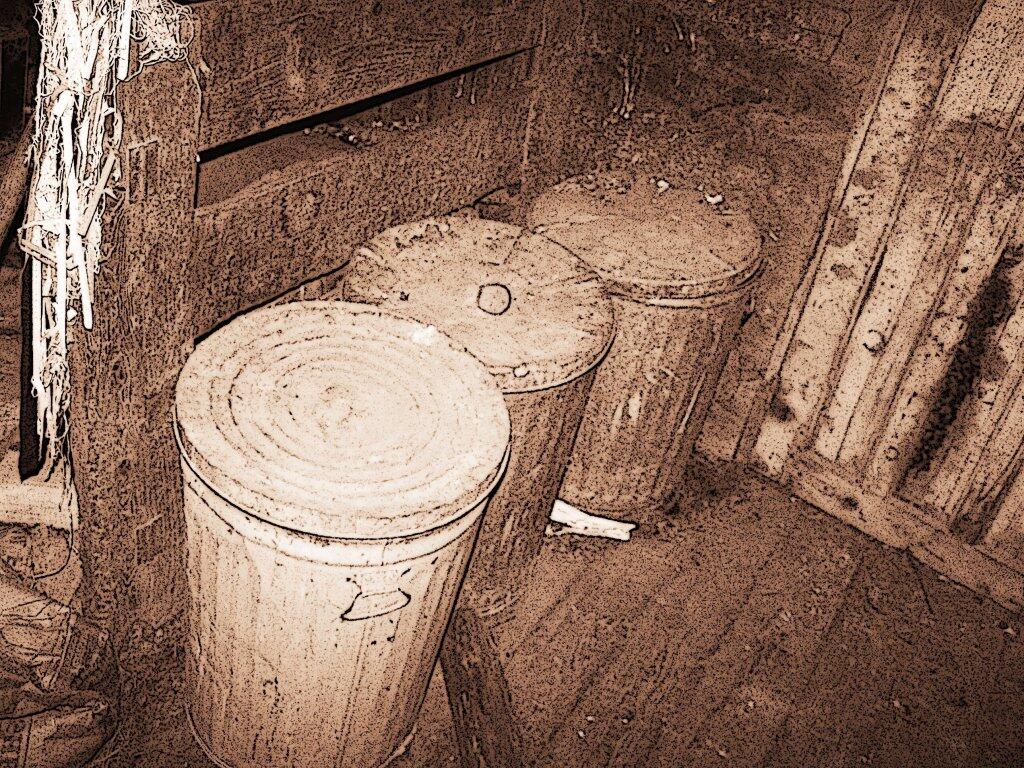Eco-lifestyle consumerism of dubious values seems to be all the rage these days. Many smart marketers have figured out that it’s easy to sell new products to urban consumers who feel guilty about their consumption and ecological impact.
The newest one is buying into “community solar farms” that are these vast areas of farm land covered by solar panels that sell into the grid. The consumer pays a little extra on his or her bill – or maybe about the same with tax credits – and they subsidize the construction of these urbanized farm fields or former forests. They argue it’s carbon-free energy, although it’s heavily backed up fossil generation of the grid. The fossil plants work “less hard” with “less load” so they burn less fuel when assisted by the solar, but it’s still all supported by our fossil-fuel grid while using up valuable farm land and forest land. If we took land that was going to be a solar farms and put it into traditional non-urban uses, what would be the impact on the climate? It would at least be less ugly solar farms to look at.
Geothermal heat that uses refrigerant to pump or dump heat out of the earth using large quantities of electricity is also a popular thing – it’s a new high-end product that can be sold by well drillers – who traditionally could only market their service to rural dwellers beyond the city water supply. I’m equally cynical about this technology, because it uses incredible amounts of electrical energy to power it – theoretically from renewable sources – but rarely that’s case as intense amount of energy to power a geothermal system comes from the fossil-fuel grid.
I don’t discredit the early pioneers in this green technology, but I think it’s valid to ask questions, even if we shouldn’t be necessarily defending the status quo. Certainly, we should be doing everything to get solar panels on existing buildings, as solar is proven technology that is simple and inexpensive. It doesn’t consume land on existing structures, it is long lasting, even if it’s as toxic as the rest of electronics it powers. I think we should increase efficiency standards on new buildings and furnaces, work to do more to improve energy efficiency on existing buildings. Geothermal should be considered as an alternative to air-source heat pumps both in existing and new buildings, but it should not be promoted as a way to “consume more” with “zero impact”.
It’s stupid to ignore the climate crisis we are all facing. But throwing money at so-called green technologies that do little to actually address the problem of over consumption and over population isn’t necessarily a good answer.
